“look Again At That Dot. That’s Here. That’s Home. That’s Us. On It Everyone You Love, Everyone
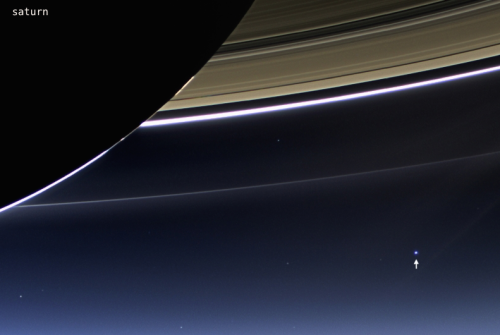
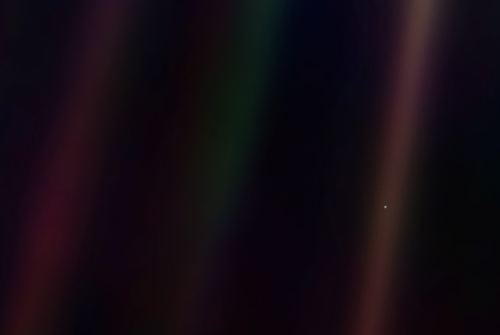
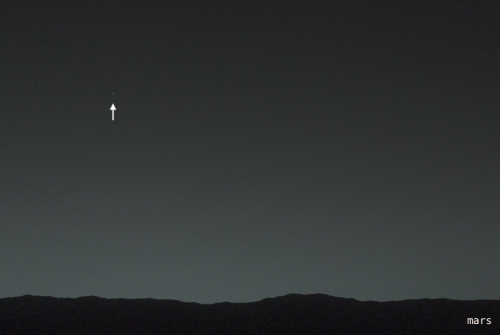
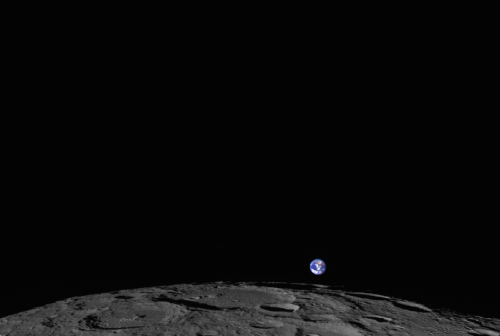
“look again at that dot. that’s here. that’s home. that’s us. on it everyone you love, everyone you know, everyone you ever heard of, every human being who ever was, lived out their lives.
“the earth is a very small stage in a vast cosmic arena. think of the endless cruelties visited by the inhabitants of one corner of this pixel on the scarcely distinguishable inhabitants of some other corner, how frequent their misunderstandings, how eager they are to kill one another, how fervent their hatreds.
“our posturings, our imagined self importance, the delusion that we have some privileged position in the universe, are challenged by this point of pale light. our planet is a lonely speck in the great enveloping cosmic dark. in our obscurity, in all this vastness, there is no hint that help will come from elsewhere to save us from ourselves.
“the earth is the only world known so far to harbour life. there is nowhere else, at least in the near future, to which our species could migrate. visit, yes. settle, not yet. like it or not, for the moment the earth is where we make our stand.
“there is perhaps no better demonstration of the folly of human conceits than this distant image of our tiny world. to me, it underscores our responsibility to deal more kindly with one another, and to preserve and cherish the pale blue dot, the only home we’ve ever known.”
- carl sagan
photos taken from cassini in 2013 when 1.5 billion km from earth; voyageur 1 in 1990 when 6 billion km; mars rover curisoity in 2014 when 160 million km; and the lunar reconnaissance orbiter in 2014, when the moon was 403,473 km away from earth, or near apogee.
More Posts from Smartler and Others
If Earth had Saturn’s Rings
From an excellent post by Jason Davis
From Washington, D.C., the rings would only fill a portion of the sky, but appear striking nonetheless. Here, we see them at sunrise.

From Guatemala, only 14 degrees above the equator, the rings would begin to stretch across the horizon. Their reflected light would make the moon much brighter.

From Earth’s equator, Saturn’s rings would be viewed edge-on, appearing as a thin, bright line bisecting the sky.

At the March and September equinoxes, the Sun would be positioned directly over the rings, casting a dramatic shadow at the equator.

At midnight at the Tropic of Capricorn, which sits at 23 degrees south latitude, the Earth casts a shadow over the middle of the rings, while the outer portions remain lit.

via x
Taylor Swift - Viva La Vida (Cover)

Check out Fingerprints of Water on the Sand via NASA http://ift.tt/1Mxtpaz
This is wonderful.
via Phil Plait
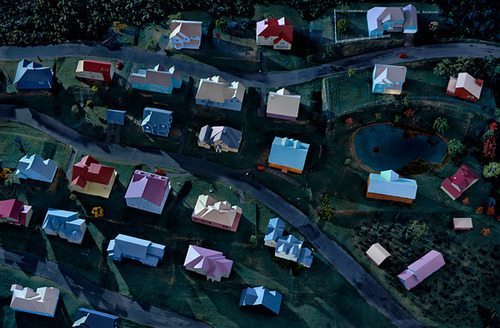
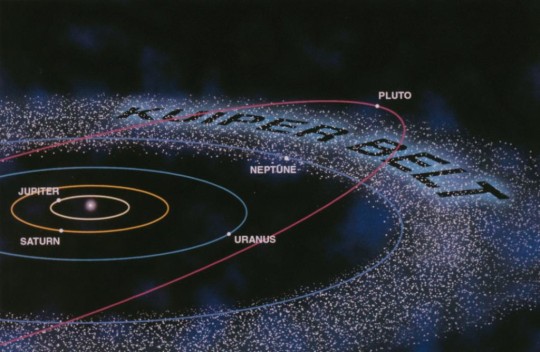
oldie but goodie


reindeer are the only mammals whose eyes are known to change colour, going from a gold in the summer, when the sun is a constant presence in the arctic, to a less reflective blue in the near perpetually dark winter months.
in dark conditions, muscles in your irises contract to dilate your pupils and allow more light into your eyes. when it’s bright again, the irises widen and the pupils shrink. the same thing happens in reindeer, but the arctic winter forces their pupils dilate for months at a time.
this constant effort to stay dilated ends up blocking the small vessels that drain fluid out of the eyes, which causes pressure to build up. this in turn compresses the collagen fibers that make up tapetum - a mirrored layer that sits behind the retina (seen in the second photo).
when compressed, these fibers in the eye reflect blue wavelengths of lights instead of the yellow which accompanies a typical spacing of the fibers, as in summer. (photos x, x)
LOL, this whale popped out the ocean like, “Hey, what’s up, hello?!”
P.S. those kayakers are super soaked but totally fine.
What is a Supermoon Lunar Eclipse?

We’ve told you that on Sept. 27 a supermoon lunar eclipse will occur in the U.S. And much of the world, but what does that mean?
One important note, is that this event can be referred to in many different ways:
Supermoon Lunar Eclipse
Super Blood Moon
Harvest Moon Eclipse
Supermoon Eclipse
All slightly different names, but apply to the same spectacular event that will occur this weekend.
Since it’s rare that both a supermoon and an lunar eclipse occur at the same time, let’s break it down.
1) Supermoon

A supermoon is a full or new moon that falls closest to the fall equinox, and is at its closest approach to the Earth. This results in the moon appearing up to 14% larger in diameter.
2) Lunar Eclipse

A lunar eclipse occurs when the moon passes directly behind the Earth into its shadow. This can give the moon a red tint.
3) A Supermoon Lunar Eclipse!

The combination of these two events does not happen very often. In fact, since 1900 a supermoon lunar eclipse has only happened 5 times! The last time this occurred was 1982, and if you miss the event this year, your next opportunity won’t come until 2033.
This year, the event will be visible from the Americas, Europe and Africa on the night of Sept. 27. Here’s a full schedule of the supermoon eclipse:

If it’s cloudy in your area on Sept. 27, don’t worry! NASA Television will be providing a live stream of the event, so you can tune in and enjoy the show.
For more information and resources on the supermoon lunar eclipse, visit our page on NASA.gov.
Make sure to follow us on Tumblr for your regular dose of space: http://nasa.tumblr.com
For anyone interested, this is a lecture we recently helped organise at the University of Glasgow, “Listening to Einstein’s Universe: the hunt for gravitational waves” by Prof. Martin Hendry. I’d suggest giving it a watch it you’re interested, it’s both fun and informative :)
-
 onceuponadumbass liked this · 2 years ago
onceuponadumbass liked this · 2 years ago -
 starlight1012 reblogged this · 2 years ago
starlight1012 reblogged this · 2 years ago -
 starlight1012 liked this · 2 years ago
starlight1012 liked this · 2 years ago -
 titles-for-tangents reblogged this · 2 years ago
titles-for-tangents reblogged this · 2 years ago -
 titles-for-tangents liked this · 2 years ago
titles-for-tangents liked this · 2 years ago -
 astrologyallday reblogged this · 2 years ago
astrologyallday reblogged this · 2 years ago -
 lapisceandream liked this · 2 years ago
lapisceandream liked this · 2 years ago -
 indepwom101 reblogged this · 2 years ago
indepwom101 reblogged this · 2 years ago -
 indepwom101 liked this · 2 years ago
indepwom101 liked this · 2 years ago -
 that-one-child150 liked this · 2 years ago
that-one-child150 liked this · 2 years ago -
 smcempathy reblogged this · 2 years ago
smcempathy reblogged this · 2 years ago -
 deadlysunlight liked this · 2 years ago
deadlysunlight liked this · 2 years ago -
 conjunkss reblogged this · 3 years ago
conjunkss reblogged this · 3 years ago -
 conjunkss liked this · 3 years ago
conjunkss liked this · 3 years ago -
 werfty64 liked this · 4 years ago
werfty64 liked this · 4 years ago -
 minhavadia liked this · 4 years ago
minhavadia liked this · 4 years ago -
 bunny-asses liked this · 4 years ago
bunny-asses liked this · 4 years ago -
 scout56 liked this · 4 years ago
scout56 liked this · 4 years ago -
 alucianosergiome liked this · 4 years ago
alucianosergiome liked this · 4 years ago -
 friedpartycookiebonk liked this · 4 years ago
friedpartycookiebonk liked this · 4 years ago -
 southfinsub liked this · 4 years ago
southfinsub liked this · 4 years ago -
 bam-60 liked this · 4 years ago
bam-60 liked this · 4 years ago -
 bowlesandholes liked this · 4 years ago
bowlesandholes liked this · 4 years ago -
 paris70 liked this · 4 years ago
paris70 liked this · 4 years ago -
 demoncleaner66 liked this · 4 years ago
demoncleaner66 liked this · 4 years ago -
 jakoblibzfun liked this · 4 years ago
jakoblibzfun liked this · 4 years ago -
 landsurfingpro liked this · 4 years ago
landsurfingpro liked this · 4 years ago -
 bodhisattvan reblogged this · 4 years ago
bodhisattvan reblogged this · 4 years ago -
 quamatoc liked this · 5 years ago
quamatoc liked this · 5 years ago -
 luckymineis-blog liked this · 5 years ago
luckymineis-blog liked this · 5 years ago -
 voxsilen reblogged this · 5 years ago
voxsilen reblogged this · 5 years ago -
 voxsilen reblogged this · 5 years ago
voxsilen reblogged this · 5 years ago -
 voxsilen liked this · 5 years ago
voxsilen liked this · 5 years ago -
 hornylitttlebabygirl liked this · 5 years ago
hornylitttlebabygirl liked this · 5 years ago -
 carminalife liked this · 5 years ago
carminalife liked this · 5 years ago -
 aestaeticgirl liked this · 5 years ago
aestaeticgirl liked this · 5 years ago -
 diamondblade1 liked this · 6 years ago
diamondblade1 liked this · 6 years ago -
 natalialeonfonseca liked this · 6 years ago
natalialeonfonseca liked this · 6 years ago -
 oncemore26 liked this · 6 years ago
oncemore26 liked this · 6 years ago -
 smcempathy reblogged this · 6 years ago
smcempathy reblogged this · 6 years ago -
 mcuk1234 liked this · 6 years ago
mcuk1234 liked this · 6 years ago